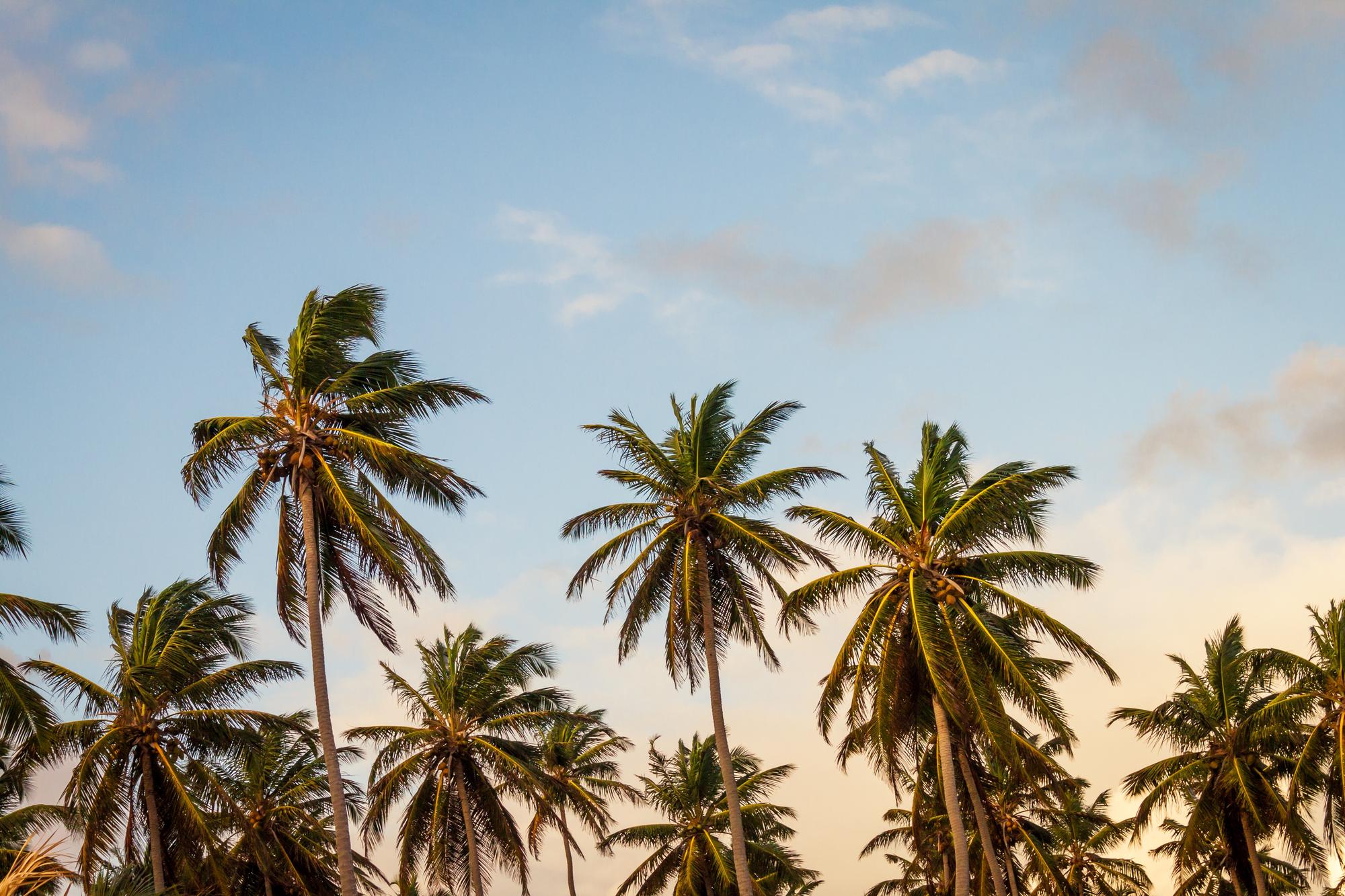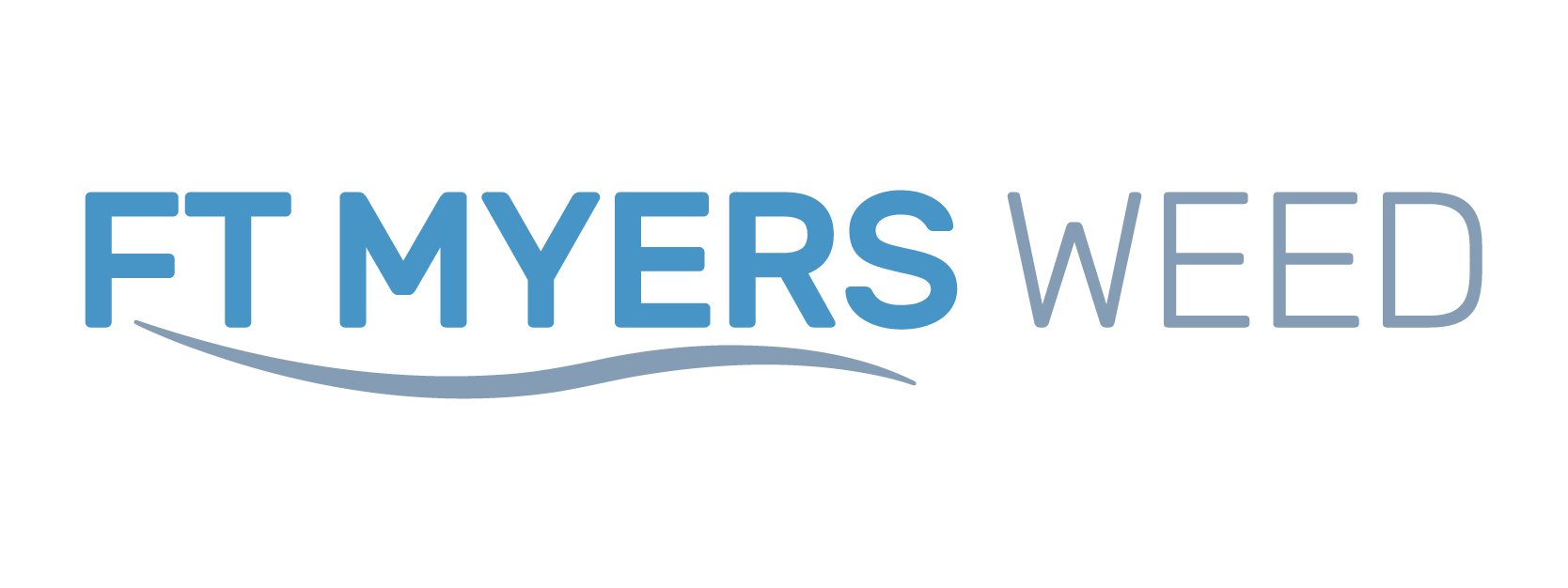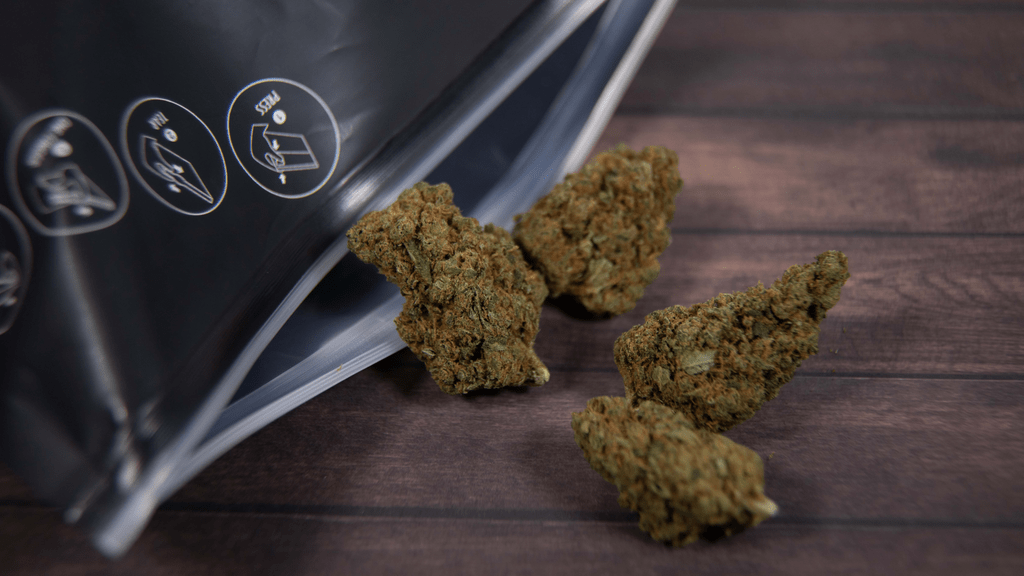Has cannabis become socially accepted in Fort Myers? The honest answer is: partially. Public attitudes are far warmer than a decade ago, but Florida’s rules—and a few lingering local norms—still keep many residents cautious, producing a patchwork of quiet acceptance and visible hesitation.
Start with the big picture. In 2024, Pew Research reported that 89% of U.S. adults support legal cannabis in some form, including 57% who favor legality for both medical and recreational use—evidence that broad cultural acceptance is no longer fringe. Florida sentiment often mirrors national trends, yet the state’s November 5, 2024 adult-use amendment secured 56%—below the 60% supermajority required—signaling openness tempered by institutional brakes.
On the ground in Fort Myers, normalization is easy to spot. Medical dispensaries operate openly—Trulieve on South Cleveland Avenue and Summerlin Road, plus MÜV on Colonial Boulevard and Cypress Terrace—serving a large patient community. Reviews and store pages emphasize professional staff and orderly operations, the sort of mundane detail that signals everyday comfort among consumers. State data back that up: as of March 28, 2025, a Florida House committee analysis counted 905,556 qualified patients with active medical marijuana cards statewide, underscoring how mainstream medical use has become.
History helps explain today’s mixed signals. In 2017, several Lee County municipalities—including the City of Fort Myers and the Town of Fort Myers Beach—adopted restrictive or temporary prohibitions on dispensaries. Over time, those positions softened, and by 2023–2025 multiple storefronts were operating in and around the city. That evolution—regulatory caution giving way to regulated access—looks like acceptance in practice, if not always in rhetoric.
So what still holds broader social acceptance back? First, the law. Recreational possession remains illegal in Florida; public consumption is prohibited; and home cultivation is not allowed. Those rules keep use largely private and make newcomers wary of visible consumption even when neighbors quietly approve. Second, employment and housing. Many employers continue pre-employment or random drug testing, while some landlords and HOAs restrict smoking of any kind—policies that nudge people toward discretion. These constraints show up repeatedly in local legal guidance and tenant rules. Third, policy whiplash. After Amendment 3 failed, Tallahassee attention shifted to incremental program tweaks rather than sweeping reform, leaving a sense of “not yet” around adult-use and public-facing hospitality.
There’s also the optics. Consumer feedback around Fort Myers shops is generally positive (friendly staff, predictable menus), but it’s framed within clinical, compliant retail—less cultural celebration, more healthcare errand. That aligns with state limits requiring private consumption and the absence of licensed on-site lounges.
Netting it out: in Fort Myers, cannabis is broadly accepted in private life and firmly normalized inside the medical system; it is not yet celebrated in public culture. Acceptance rises where use is clinical, discreet, and compliant; it stalls where visibility, employment risk, or family-oriented spaces are involved. If Florida eventually approves adult-use with clear rules for consumption spaces and employment protections, expect acceptance in Fort Myers to move from “quietly normal” to “openly ordinary.” Until then, the city lives in the in-between.


